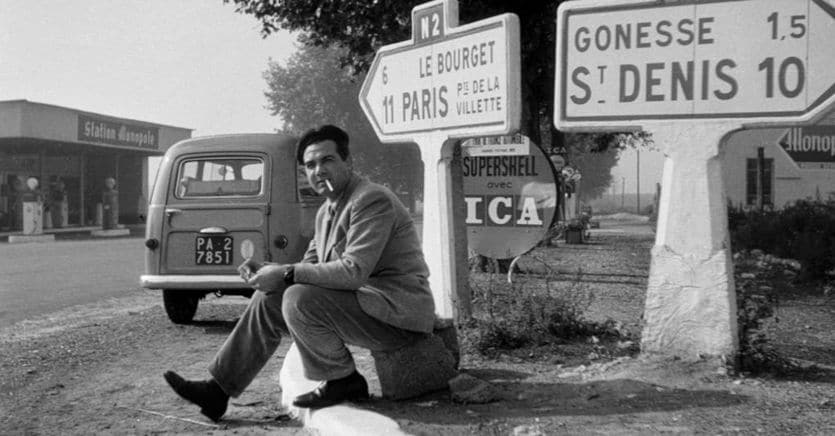Listen to the audio version of the article
Italian cinema is also present in the Forum section of the Berlinale with “The Secret Drawer” by Costanza Quatriglio. In addition to the two Italian titles proposed in competition – “Another End” by Piero Messina and “Gloria!” by Margherita Vicario – to the successful “That Summer with Irène” by Carlo Sironi, included in Generation 14plus, and even to two series such as “Dostoevskij” by the D’Innocenzo brothers and “Supersex”, inspired by the life of Rocco Siffredi, the Italian is also on the bill in the most unconventional section of the German festival.
Director known for excellent documentaries, such as “Terramatta” (2012) and “Triangle” (2014), Costanza Quatriglio is the daughter of a famous father, named Giuseppe, a Sicilian journalist and author who has traveled the world thanks to his work . Born in 1922 and passed away in 2017, Giuseppe Quatriglio filled his home with books, memoirs and texts of various kinds and it was in this environment that his daughter grew up. After her father’s death, the director will find herself cataloging this extraordinary archive, which mixes articles and photographs, films and recordings, made by a man who came into contact with numerous celebrities during his existence and who witnessed epochal events that marked history.
Giuseppe Quatriglio, in fact, preserved everything relating to his personal and professional life, so much so that an entire life can be found in those documents.
By uncovering this “secret drawer”, Costanza Quatriglio creates an intimate and very personal film, in which she will end up understanding many things that she had in common with her father and whose existence she didn’t fully know.
Cinema as a form of remembering
This documentary is thus transformed into a feature film which also represents a sort of self-analysis on the part of the director, to try to overcome her father’s mourning and an absence that all those materials certainly cannot fill. Cinema thus becomes a weapon to remember, with a method similar to that created by Alina Marazzi in the memorable “Un’ora sola ti massimo” (2002), where through family films she reconstructed the figure of a mother who, essentially, she had never known. Some modalities of the structure of “The secret drawer” has already been seen a bit (the beautiful work by the Argentinian Mariano Llinás, “Clorindo Testa”, dedicated to the father figure and created a couple of years ago, also comes to mind), but the operation is however touching and full of strong sensitivity.
